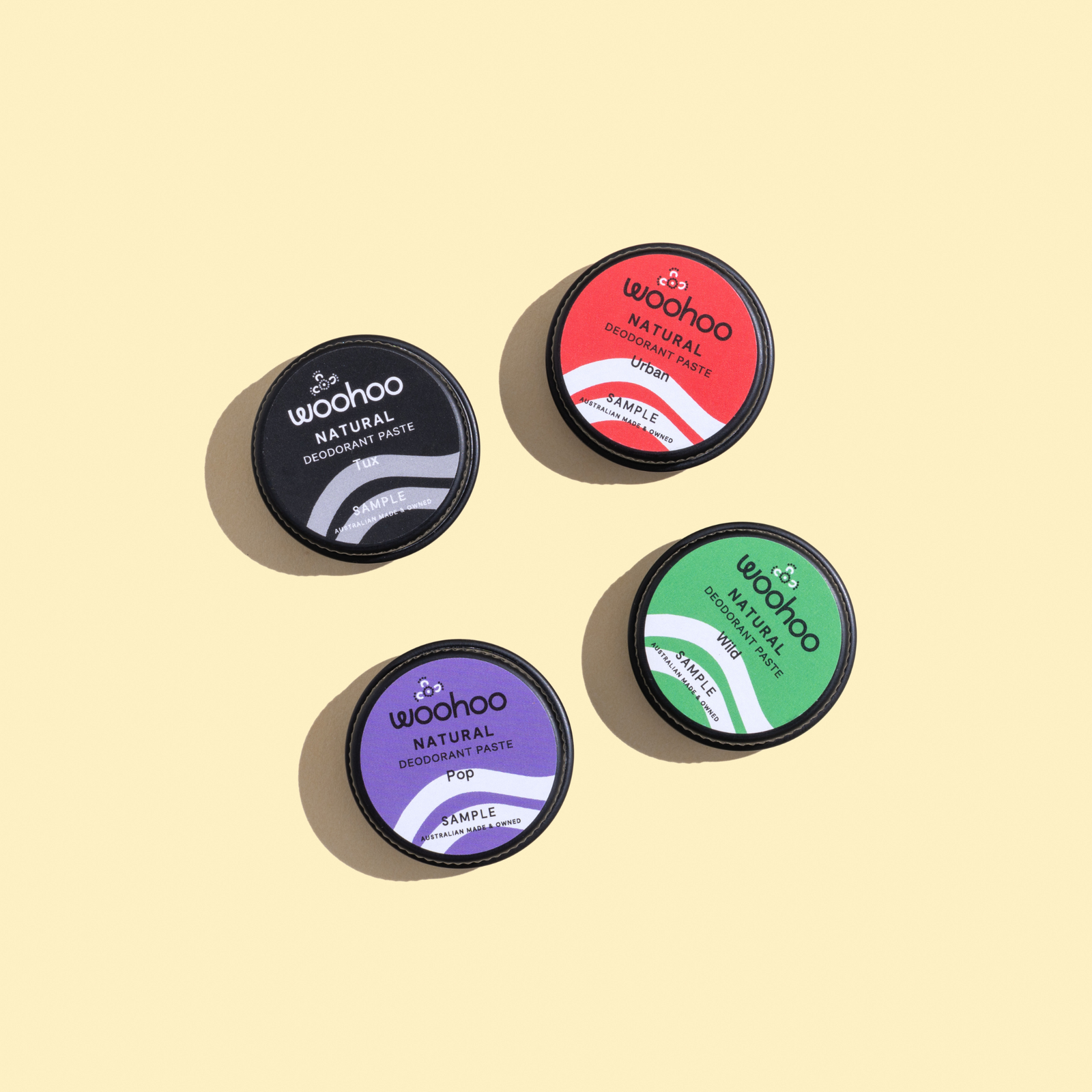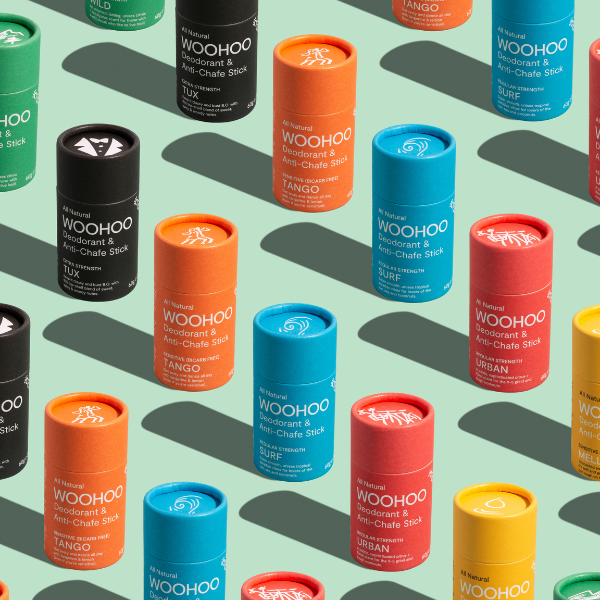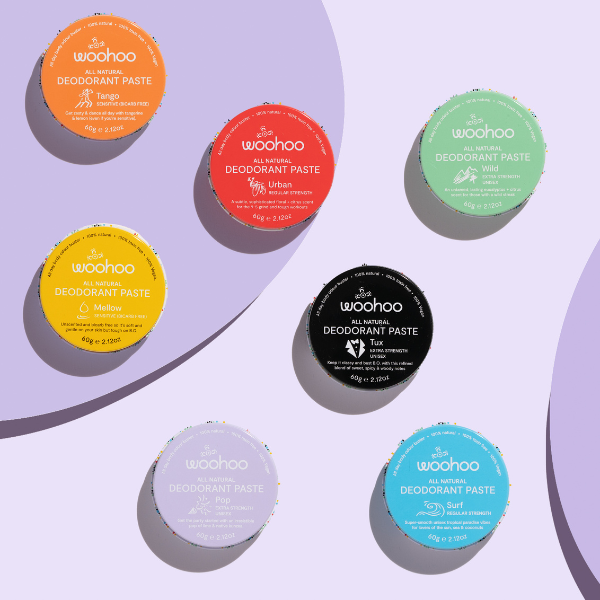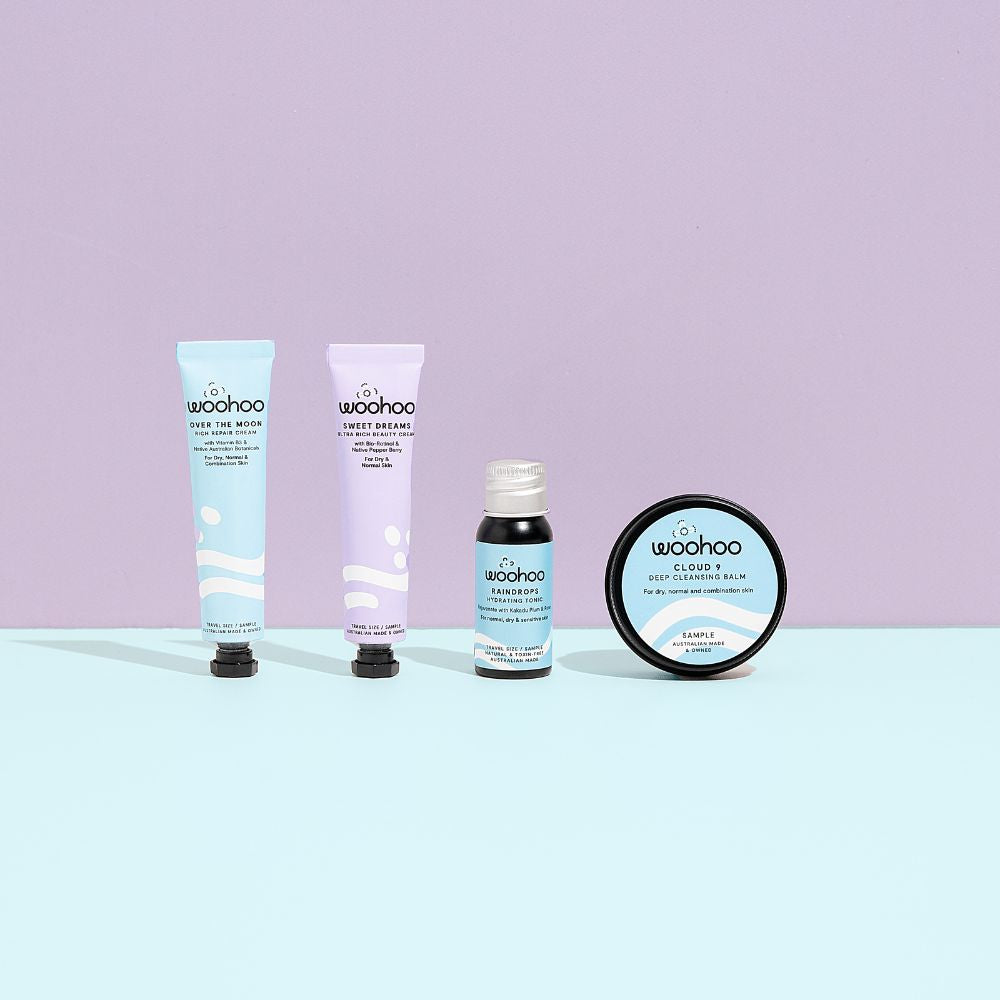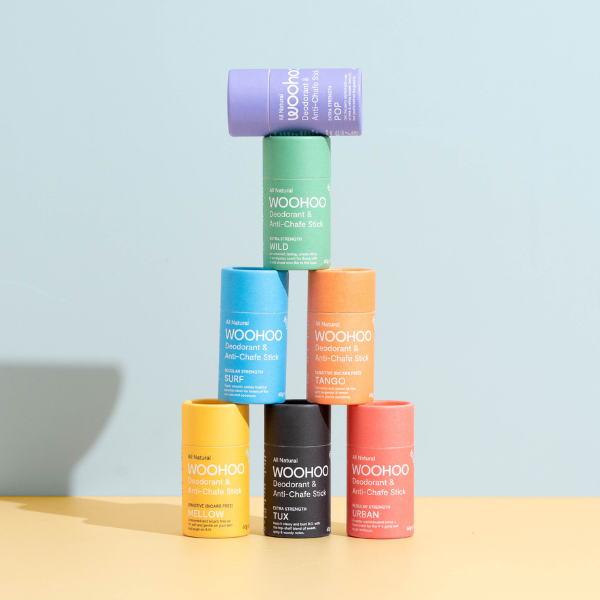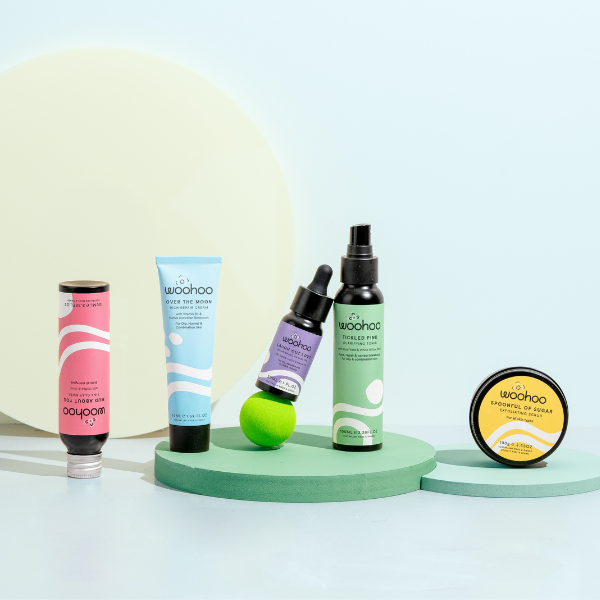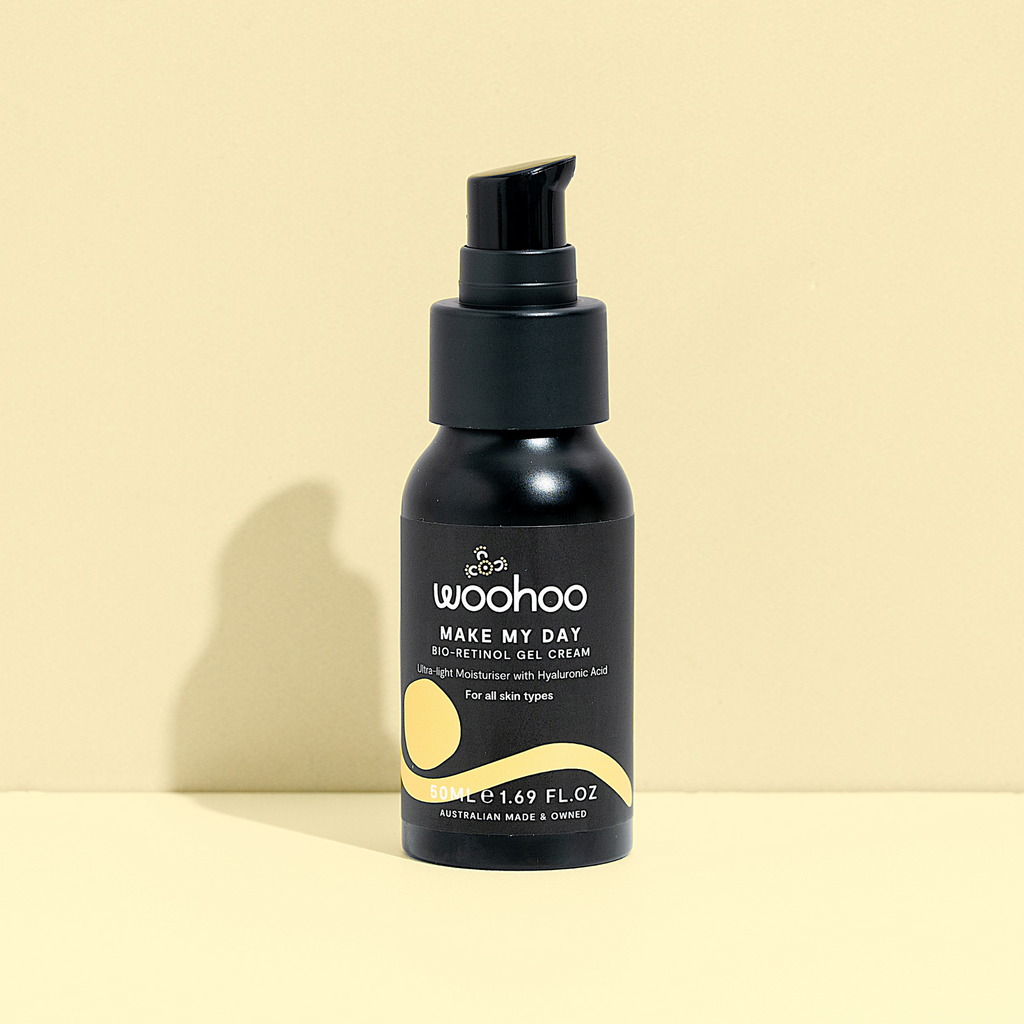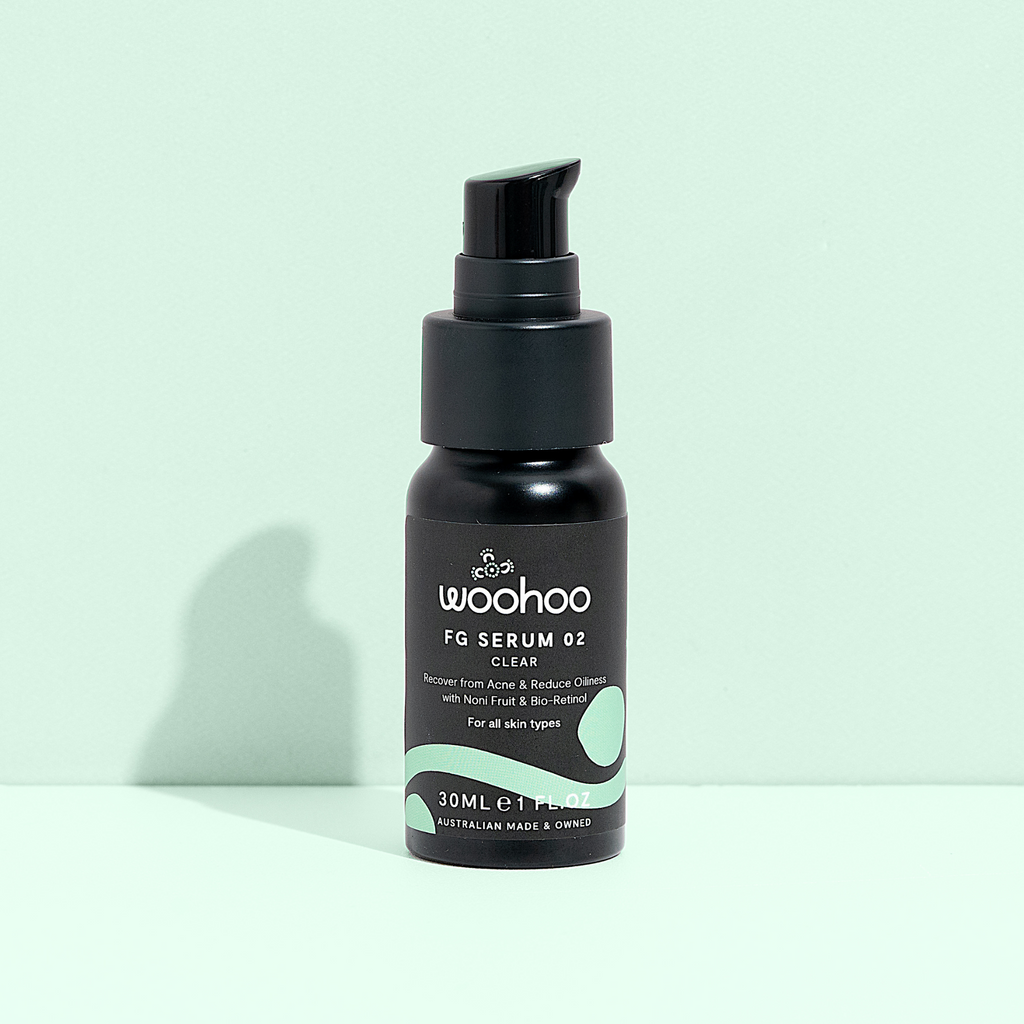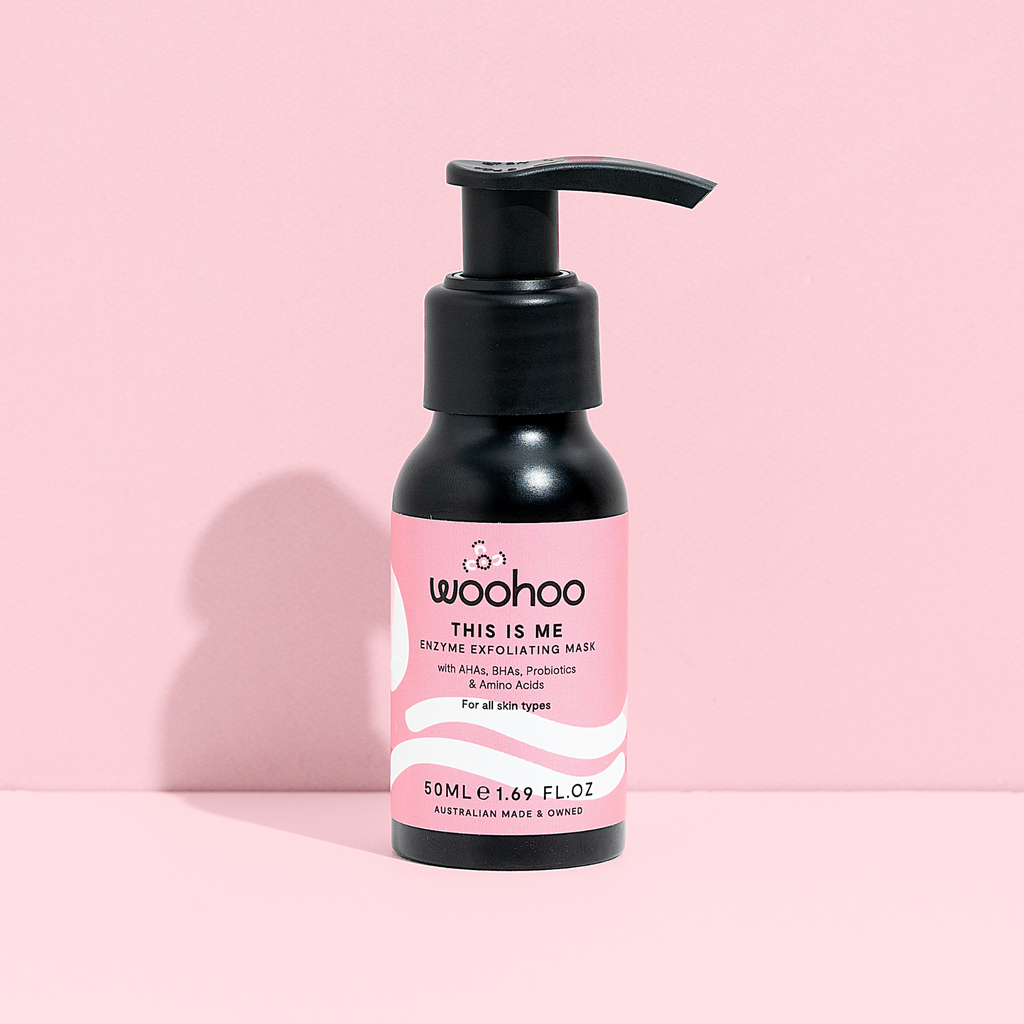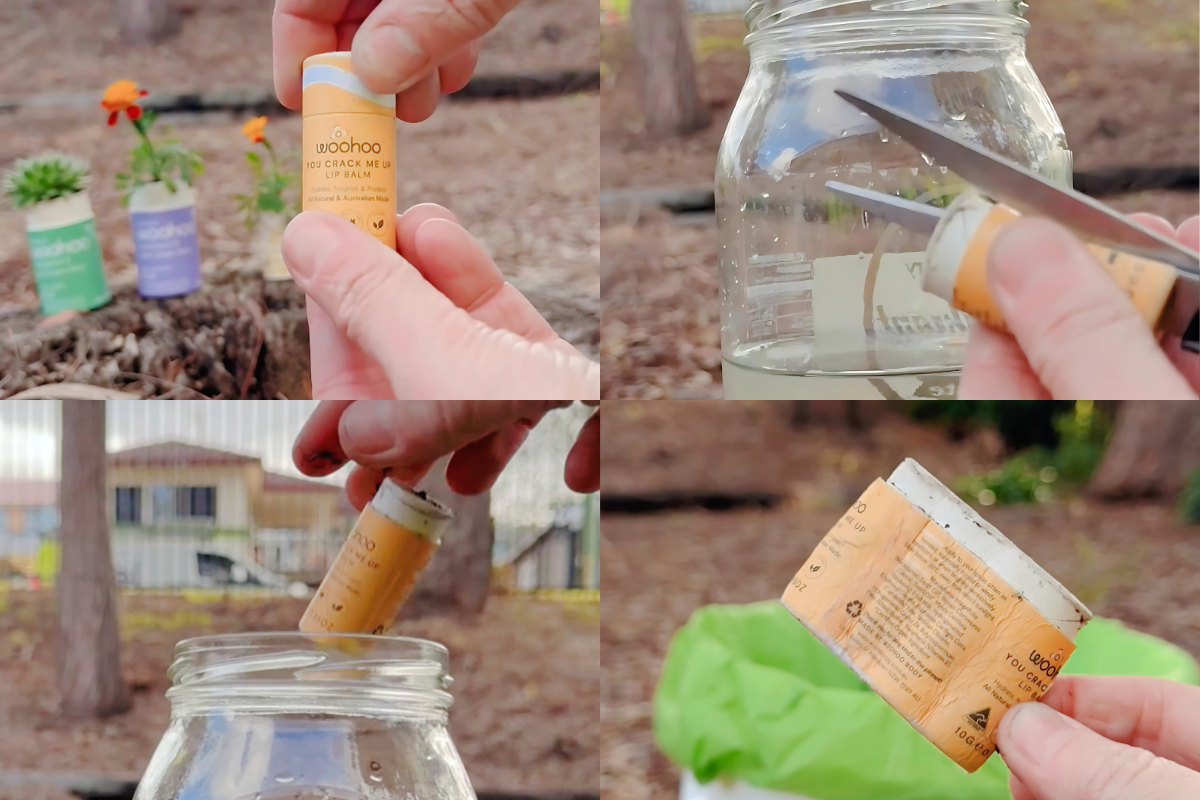
Sure, zits are the pits and breakouts really do suck. Partly because they always strike at the worst possible time!
Yet, despite the fact that pimples and blemishes are big bugbears, they do, eventually, disappear. Acne scars, on the other hand, can hang about for a very looooong time, like an unwelcome party gate-crasher.
This can absolutely seem like a pitiless punishment. Not only do you have to deal with treating the acne (which takes a LOT of patience), now you are left with acne scarring to contend with. How rude!
But alas, it’s not all doom and gloom. Here’s how to treat those blemishes with some skincare know-how and a whole lotta’ lurve.
What causes acne in the first place?
Acne occurs when your skin’s pores become blocked with oil and a build-up of dead skin cells and dirt forms. Unfortunately, a clogged pore is the perfect home for cheeky bacteria to grow, which causes infection, inflammation, and pus-filled or angry, red pimples.
When your skin and deep underlying tissue becomes damaged, your body needs to work overtime to repair it. It does this by cleverly producing collagen fibres. But you can run into problems if your body produces the ‘wrong’ amount of collagen (too much or too little) a scar will form.
Where there is a loss of tissue, a pothole type scar appears (yep, it looks like those holes you often see in the road). But if your body produces too much collagen, a raised scar will form.
In fact, acne can leave behind several different marks, from ice-pick scars (these are deep, narrow and scary sounding), to rolling scars (just like rolling hills), to atrophic scars (which are flat, thin scars), to hyperpigmentation (a dark spot or discolouration).
Quite often you’ll have a combination of scar types rather than just 1 type of acne scar. It’s also worth noting that some people are simply more prone to scarring, due to their genetic makeup.
Love your skin
The truth is, acne is a VERY common skin condition. So, if you are managing acne or acne scarring, you’re definitely not alone.
And while we’re all for accepting our imperfections and loving the skin we’re in, a little helping hand can go a long way - particularly if your skin has become uncomfortable or is impacting how you feel about yourself.
Ditch the itch
It’s normal for scars to itch as they heal, but an incredibly itchy face can be bothersome in a big way! And when you’re trying to overcome acne, the last thing you want is to scratch your face. This can cause your complexion to become red and inflamed, disrupt the healing process, and even cause new acne to develop.
The itchy sensation is due to your body’s nerve endings starting to heal. As they heal, they become very sensitive which triggers that irksome itch!
This is when moisture becomes your new BFF. Adding moisture softens and nourishes your skin, reducing the tightness and itchiness.
A superstar ingredient like hyaluronic acid can be brilliant, as it binds to moisture, while also plumping your skin.
The 'Make My Day' Bio-Retinol Gel Cream is a perfect moisturiser choice for acne-prone skin as it’s ultra-light and won’t clog pores but it delivers all the moisture that your skin needs for healing.
Since our Gel Cream is very light, drier skin types can pair it with a facial oil like the Sunrise Over C Mattifying Facial Oil for oily skin or the Good Vibes Brightening Facial Oil for normal and combination skin.
Promote Cellular Renewal
Cellular renewal is the process of clearing away old, dead skin cells and making way for new, healthy skin cells to take their place. This happens naturally on average every 28 days (but as you age it can take longer).
To supercharge the cell renewal process to speed the healing of your acne, look for products with bio-retinoids. These are plant-based retinoid alternatives that have the same benefits of normal retinoids (like improving your skin’s texture, speeding up cell regeneration and reducing the discolouration / visibility of scars), but without the skin-sensitising and photosensitivity side-effects.
Here at Woohoo Body we use a bio-retinol made from moth bean and you can find it in the 'Make My Day' Bio-Retinol Gel Cream and the FG Serum 02.
Exfoliate *gently*
Gentle exfoliation with a liquid exfoliator (often referred to as a chemical exfoliator), can go a long way to helping with acne scars, provided it has the right balance of ingredients. Avoid scrubbing with a harsh physical exfoliator and instead look for one that has natural fruit enzymes and acids so you don’t tear at you delicate skin as it heals.
The ‘This Is Me’ Enzyme Exfoliating Mask has our cosmetic chemist, Aaron’s, FAVOURITE ingredient for improving the appearance of skin – Vitamin B3 – together with Alpha Hydroxy Acids (AHAs) and Beta Hydroxy Acids (BHAs).
Together these ingredients help remove dead skin cells, prevent clogged pores, smooth the surface of your skin, gently renewing it while also helping clear existing blemishes.
Dose Up on Vitamin C
As well as our much-loved Vitamin B3, your scars will also see a huge benefit from getting regular topical Vitamin C, a skin brightening superstar.
Vitamin C has the ability to visibly reduce hyperpigmentation which can often be left behind as your acne heals and forms a scar. Vitamin C can also help by brightening your skin, reducing dark spots. These fabulous benefits are why you’ll find Vitamin C in quite a few of our Woohoo products!
Find it in FG Serums 01 & 02, the Good Vibes Brightening Facial Oil, Sunrise Over C Mattifying Facial Oil, and Perfectly Happy Light Vitamin C Cream.
A few extra tips
Sure, genetics and hormones do play a role in acne but there are a few easy steps we can take to help keep at least some pimples and breakouts at bay.
Firstly, try (really, really hard) to not to touch your face with dirty fingers! (make sure you regularly wash makeup brushes, sponges, pillow cases and phones too!)
Yes, this is waaay easier said than done, but please don’t pick acne spots, blemishes or any pesky pimples, for that matter.
And finally, when a blemish starts to form a scab, avoid picking at the scab. Instead r-e-l-a-x and let the wound heal properly and completely (and use the This Is Me Exfoliating Enzyme Mask as spot treatment).
If you’ve tried absolutely everything and still not seeing any improvement, another option is to consider skin laser. This is a lot more expensive and invasive than caring for your scars with skincare, but can give good results over time. We’ll save that one for another blog post though!
Best natural skincare products for helping reduce the appearance of acne scars
We’ve been through a LOT of info, so here’s a quick summary of our product recommendations to help with your acne scarring.
Exfoliator
- This Is Me Enzyme Exfoliating Mask – Vitamin B3 for skin repair and AHAs and BHAs for gentle resurfacing
Moisturiser
- Make My Day Bio-Retinol Gel Cream – Bio-retinol for regeneration, hyaluronic acid for non-pore-clogging moisture, microbiome-boosting probiotics
Facial Oil
- Best for Oily skin - Sunrise Over C Mattifying Facial Oil – anti-inflammatory turmeric paired with pigmentation correcting Vitamin C
- Best for Normal and Combination skin - Good Vibes Brightening Facial Oil – Vitamin C and zinc to brighten and regenerate
- Best for Dry skin – Dilo Oil (aka Tamanu oil) – naturally anti-inflammatory and healing
Serum
- Best breakout-prone skin - FG Serum 02 – clear and correct with bio-retinol to regenerate damaged tissue, Vitamin C to fade discolouration, and
- Best for mature skin - FG Serum 01 – brighten and boost with Vitamin C and peptides to increase collagen and elastin production
